Sleep Apnea Treatment – Kittanning, PA
The Solution for Snoring
and Disordered Sleep
Do you often wake in the morning still feeling tired despite sleeping all night? Maybe your spouse constantly pokes you in the side because you are snoring loudly? If either of these situations sounds familiar, you could be among the 20 million Americans who are suffering from a sleep disorder. Sleep apnea is a condition that causes you to stop breathing frequently while sleeping due to an obstruction in the airway. When left untreated, your quality of life will not only decline, but your health as well. To restore a restful night’s sleep, we can provide sleep apnea treatment in Kittanning, PA.
Why Choose Voller Dentistry, PC for Sleep Apnea Treatment?
- Carefully Customized Sleep Appliances
- Dentist with 40+ Years of Experience
- Early and Late Hours
What is Sleep Apnea?

Sleep apnea is a condition that causes you to stop breathing frequently throughout the night with each pause potentially lasting for longer than one minute. It is due to the soft tissues in your mouth and throat collapsing, causing your airways to become blocked.
The numerous pauses in breathing will cause you to lose a good night’s rest; however, the complications are more severe. If it is not treated, the lack of oxygen will place a strain on your heart, increasing your risk of heart attack and stroke.
Your daily life will be negatively impacted as well. In addition to morning time headaches, you may notice your cognitive abilities decline, especially if sleep deprivation develops. Over time, you can develop mood swings and suffer from depression.
Do I Have Sleep Apnea?
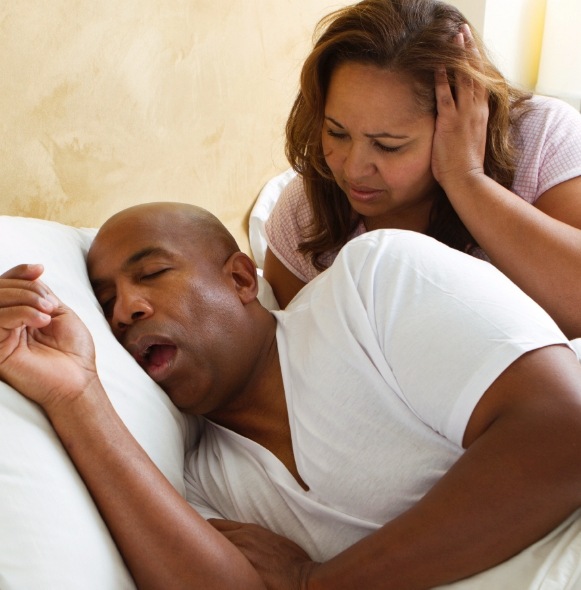
Often, it can be hard to spot the signs of sleep apnea as the pauses in breathing occur while you are asleep, which is why as many as 80% of those with the condition remain undiagnosed. While it can be difficult, you can notice several other signs of the disorder, such as:
- Chronic snoring
- Waking choking or gasping for air
- Waking with a sore or dry throat
- Daytime fatigue
- Morning headaches
- Irritability, mood changes, and depression
This is another example of a patient with a very retruded lower jaw and he wakes up many times during the night trying to breathe. There are dark circles under his eyes indicating the pooling of blood in his sinuses and he, unfortunately, experiences many of the other symptoms of sleep apnea, INCLUDING teeth grinding and wear. We see a trend of patients who have had previous orthodontic treatment who had four bicuspids removed, and the teeth are subsequently extracted, further reducing the size of the available airway.
To determine if you have the condition, you will need to undergo a sleep study. You will be monitored while you sleep to detect any changes in your breathing. Based on the results of the study, you may be referred to your dentist for treatment.
Why Visit a Dentist for Sleep Apnea?
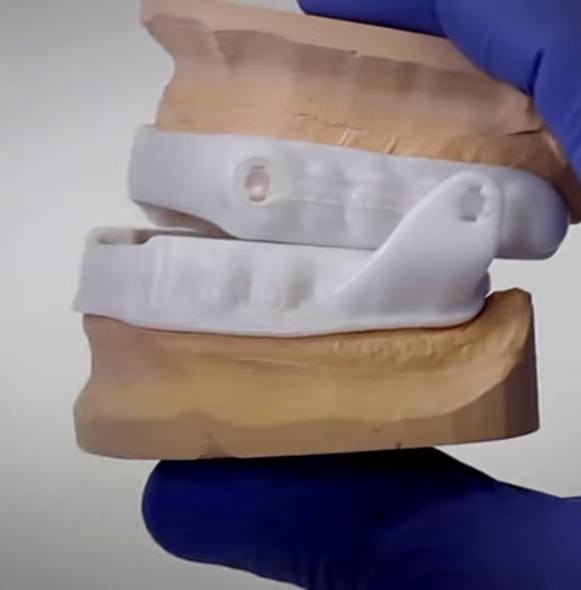
Although sleep apnea is considered a medical condition, Dr. Voller may be able to help you with treatment. Now, it is often treated with an oral appliance, which is a custom-fit device that is only available from a dentist.
How is Sleep Apnea Treated
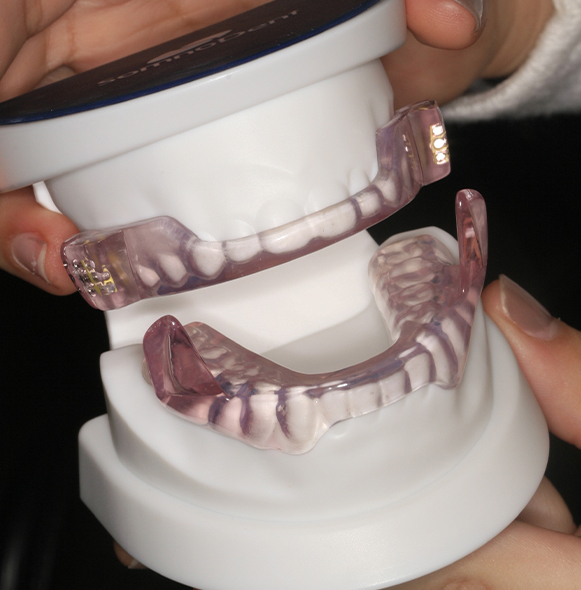
In the past, sleep apnea was often treated using a CPAP machine. This delivers a steady stream of air through a mask that is worn over the mouth or nose to keep the airways open. While it is effective, it often has a low compliance rate because it can be uncomfortable. As an alternative, many are now turning to an oral appliance.
An oral appliance is a custom-fit device that is like a mouthguard. Instead of protecting your teeth, it repositions your tongue and jaw forward to keep your airways open. It is proven effective for treating mild to moderate cases of the condition.
Understanding the Cost of Sleep Apnea Treatment
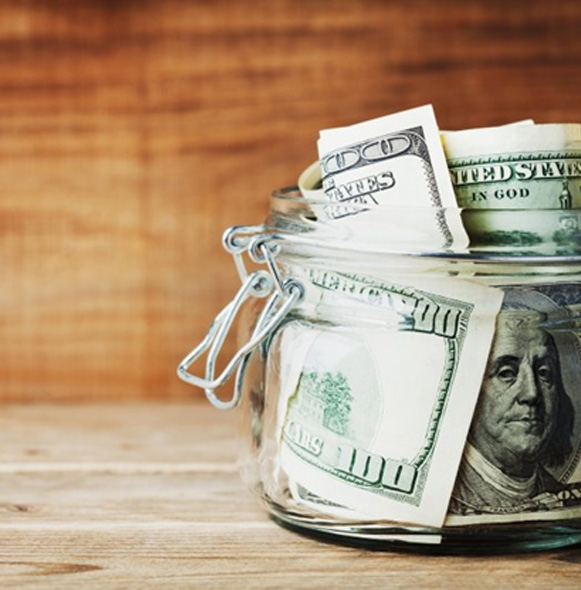
Understanding the cost of sleep apnea treatment in Kittanning isn’t always straightforward. Many different factors can affect your overall expenses, and you might be wondering if treating your condition is even worth it. Rest assured, Dr. Voller and the rest of our team are dedicated to helping you understand the costs! We provide many different options for making sleep apnea treatment more affordable, so don’t hesitate to get in touch and ask about financing.
Does Dental Insurance Cover the Cost of Sleep Apnea Treatment?
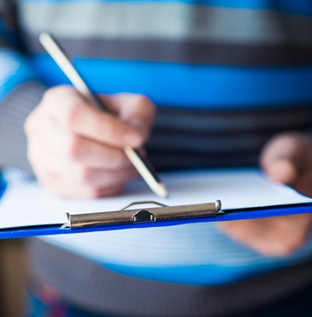
Dental insurance doesn’t typically cover the cost of sleep apnea treatment. However, your medical insurance provider may offer partial coverage for an oral appliance, CPAP, or combined therapy. Every policy is a little different, so we encourage patients to double-check the details of their benefits.
Factors That Affect the Cost of Sleep Apnea Treatment
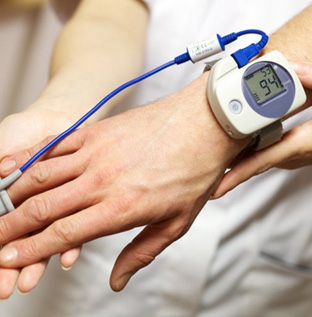
A few different factors can affect the cost of sleep apnea treatment in Kittanning. For example:
- Type of sleep test. In order to get a formal diagnosis, you’ll have to arrange for an official sleep test. At-home tests and in-lab tests have different prices.
- Severity of symptoms. The severity of your sleep apnea will dictate your treatment needs, and therefore your treatment costs.
- Insurance coverage. Even two medical insurance plans within the same provider can have different benefits – which is another reason why it’s important to review your plan.
Treat Your Sleep Apnea Now to Improve Your Health
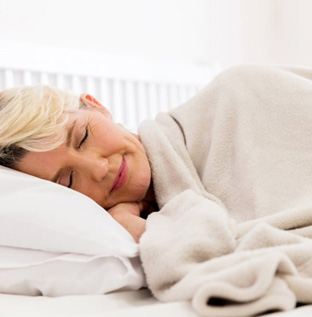
Many patients in Kittanning who choose to treat their sleep apnea believe that the costs are well worth it. For one thing, uninterrupted sleep brings a sort of relief and comfort that’s truly priceless. For another, managing your sleep apnea symptoms sooner than later can actually improve your health and help you avoid more expensive medical issues. Sleep apnea, for example, is highly associated with high blood pressure and cardiovascular disease.
Making Sleep Apnea Treatment More Affordable
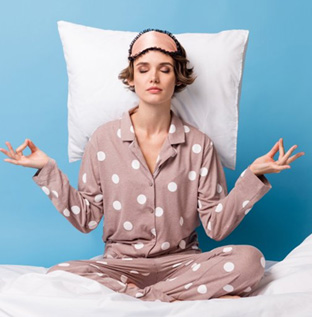
If you can’t rely on medical insurance to offset your sleep apnea treatment expenses, you may be interested in one of our other affordability options.
Our in-house savings plan, the Voller Value Plan, is a great insurance alternative for many patients. In exchange for a low annual enrollment fee, you’ll receive a 20% discount on our various services (as well as other perks, such as two free checkups and cleanings per year).
CareCredit, meanwhile, is a reputable third-party financier that enables our patients to pay for their treatments on a monthly basis, rather than all-at-once. A CareCredit plan will essentially break your expenses down into smaller, more manageable chunks.
Sleep Apnea FAQs
Can I Diagnose Sleep Apnea on My Own?
It can be easy to assume that you have sleep apnea if you notice any of the common warning signs, such as loud snoring, excessive sleepiness, and morning headaches. However, even if you’re experiencing these symptoms, it does not always guarantee that sleep apnea is to blame.
You need the help of a trained expert to figure out whether you’re truly suffering from sleep apnea. As such, if you have any reason to suspect that you’re experiencing sleep-disordered breathing, you should make arrangements to have a sleep study performed. The results of said study will help determine the nature of your sleep problem so that it can be treated effectively.
Will Oral Appliance Treatment Make CPAP Treatment Unnecessary?
It is often possible to switch from using a CPAP machine to a customized oral appliance to treat sleep apnea. This is typically a viable option for patients who are experiencing mild to moderate cases of sleep-disordered breathing. Many individuals prefer oral appliances over CPAP machines since they tend to be more comfortable to wear and don’t make any noise.
It's important to note that oral appliances generally aren’t as effective for treating particularly severe sleep apnea. Thus, you’ll need to work with your sleep doctor and dentist to determine the best treatment option in your case.
Will My Sleep Apnea Go Away If I Lose Weight?
Weight can be a significant risk factor for sleep apnea. When you’re overweight, there tend to be more excess fat deposits that can narrow or even outright block your airway while you slumber. As such, losing weight can potentially improve your sleep apnea symptoms by reducing the presence of fat deposits in your neck.
That being said, there’s no guarantee that simply losing weight will get rid of your sleep apnea for good. Another sleep study will need to be performed to determine whether sleep apnea is still present after your weight loss.
How Should I Clean My Sleep Apnea Oral Appliance?
To avoid cavities and other oral health complications, you should make a point of cleaning your oral appliance on a regular basis to prevent the buildup of harmful bacteria. When you remove your oral appliance in the morning, take the time to brush it thoroughly with a soft-bristled toothbrush. Additionally, you should also periodically soak it in a denture cleansing solution. Once you’re done cleaning your oral appliance, make sure that it’s safely stored away in its protective case.
Who is Most at Risk for Sleep Apnea?
Certain groups of people tend to have a higher chance of developing sleep apnea. These groups include men, post-menopausal or pregnant women, people who are overweight, and people with untreated tongue ties. That said, anyone can get sleep apnea, so even if you don’t belong to any of these groups, it’s still important to keep an eye out for potential warning signs of sleep-disordered breathing.
